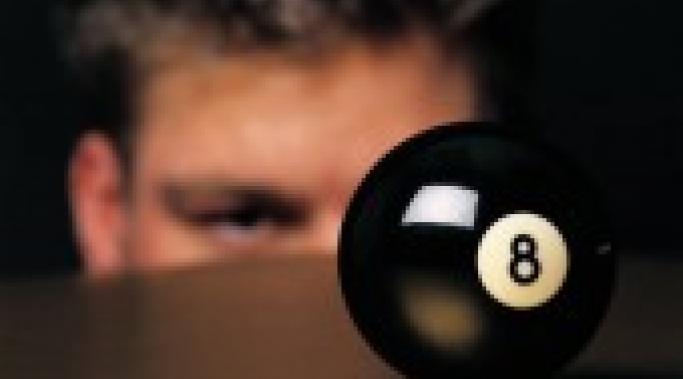I’m sitting on my red, plush couch in my living room and I have started crying. Tears well in my eyes at first while I try to convince them not to roll down my face and splash the back of my glasses. As usual, the tears don’t listen and soon my cheeks and lips and chin are wet with saline. I take off my glasses and put them on the wenge coffee table and my head falls into my hands. Loud crying now, choking sobs wrack my body as I feel the pain of illness that I had been pushing away for so long beat me once again.
And I wonder – will it get better?
Bipolar Treatment – Breaking Bipolar
Assisted outpatient treatment (AOT), also known as outpatient commitment (OPC), is a controversial program that you may know by the name “Laura’s Law” in California or “Kendra’s Law” in New York. These programs are designed to facilitate court-ordered outpatient treatment in a very small segment of the mentally ill population.
In other words, they force mental health treatment onto certain people.
But does forcing people into mental illness treatment actually help anyone? According to the Office of Justice Programs, yes, it does.
I don’t remember most Christmases; they tend to blur together in a sea of turkey, denial and wrapping paper. But the Christmas of 1998 was different. That Christmas was the one just before I began medication. That was the one I spent lying on the couch with bandaged arms.
Looking back 1998 should have been a good year for me. I had completed an 8-month work term for my university degree, I had some money for the first time in a long time and I went backpacking across Europe. But unfortunately, 1998 was the year that bipolar decided to attack full-force. I spent the end of 1998 slicing and dicing and sobbing and begging for mercy. From what, exactly, I have never been able to say, but from whatever was causing the pain whatever made it impossible to move from my mother’s couch as the activities of Christmas went on around me.
But in spite of this I had no intention of seeing a doctor and I most especially had no intention of seeing a psychiatrist. Those people were nothing but pill-pushers, nothing but drug dealers with letters after their name. And everyone knew that depression wasn’t a real disease and that anyone with real strength of character could overcome mental anguish on their own – not with the crutch of pharmaceuticals.
Yes, psychiatric drugs can cause weight gain. It's not a rumor; it's not a myth; it's true. It's one of the most unfortunate things about medication.
But what can you do about drug-related weight gain?
Happy new year to everyone. Thanks to all for joining me for a wonderful year of information, interaction and debate. I have learned a lot and I hope you have too. But in case you missed it, here are the top ten articles people were reading from Breaking Bipolar last year:
Last week we talked about five of the top things that we learned about mental illness last year:
Statistics on Prevalence of Bipolar Disorder
How often is Bipolar Diagnosis Mistaken for Depression?
Predictor of Bipolar Treatment Success
Antimanic Treatment Efficacy - Drugs Compared
Are Two Antidepressants Better Than One?
Today we will discuss 6-10 in part two of this article.
There's nothing new under the sun.
Or so I've been told. And while nothing new may exist, we sure learn about new things all the time. People do lament that our understanding of bipolar disorder and other mental illnesses is too lacking, but each year we learn more about the human brain and mental illness.
Here then are top ten things we learned this year about mental illness.
Recently, someone who was new to the world of bipolar disorder asked me if there was a cure for bipolar disorder or if he had to live like this forever. I had to, of course, tell him there is no cure. I felt like I was telling him his dog was about to die. I felt like knowing this, he might give up.
I have said to people many times - your psychiatrist works for you. You pay the psychiatrist. They are your employee. That means you're the one who decides if they are hired or fired. But choosing a psychiatrist is no mean feat as someone who others consider "good" may not be "good" for you. So the only thing to do is to research and interview a doctor - just as you would any employee.
If you have bipolar disorder or another mental illness it's easy to find yourself in a pit of self-hatred. If the depression doesn't get you there, regret over what you've done when you're manic might. Self-hatred is just all too common for those of us with mental health issues.
And self-hatred produces all kinds of effects - like ignoring self-care. You might find yourself not eating, not showering, not exercising, not being kind to yourself or constantly hearing a voice of hatred in your head. And the trouble with all these things is that not only are they "not good for you" they make you feel worse both in the short and the long term.
Making good self-care choices is a way of fighting back.



